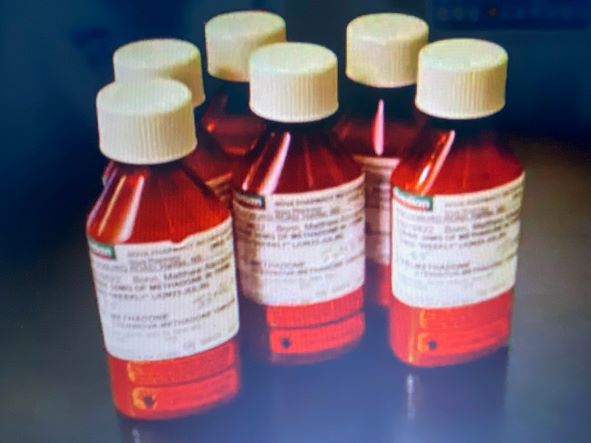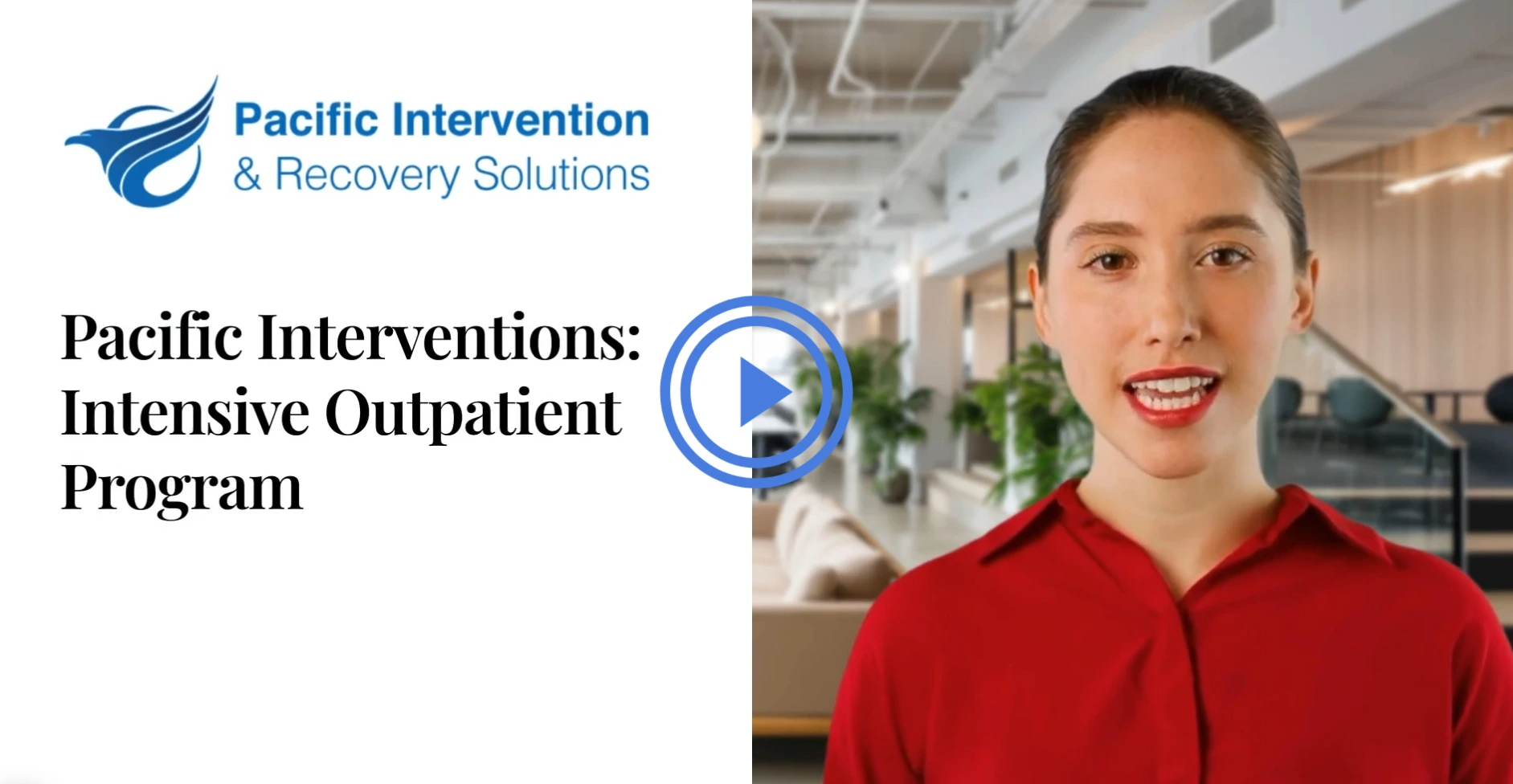How methadone is used for addiction treatment?
Methadone is a synthetic opioid medication that is commonly used in the treatment of addiction to opioids such as heroin and prescription painkillers. It works by binding to the same receptors in the brain as other opioids, but it produces a much milder effect and does not produce the same level of intoxication. This allows individuals who are addicted to opioids to stop using these drugs without experiencing the severe withdrawal symptoms that often accompany sudden cessation.
What are the advantages of using methadone for addiction treatment?
One of the primary advantages of methadone treatment for addiction is that it allows individuals to break their dependence on opioids without having to go through the difficult and often dangerous process of withdrawal. This is because methadone is a long-acting opioid that stays in the body for a long time, providing a steady level of relief from withdrawal symptoms and cravings. This can make it much easier for individuals to break their addiction and focus on rebuilding their lives.
Another advantage of methadone treatment is that it can help to reduce the risk of overdose. When individuals are addicted to opioids, they often develop a tolerance to the drugs, which means that they need to take higher and higher doses to achieve the same level of intoxication. This can lead to a dangerous situation where individuals accidentally take too much of the drug and overdose. However, because methadone is a long-acting opioid that provides a steady level of relief from withdrawal symptoms and cravings, it can help to reduce the risk of overdose.
In addition to helping to break addiction and reduce the risk of overdose, methadone treatment can also help individuals to improve their overall health and well-being. Many individuals who are addicted to opioids also struggle with other health problems, such as HIV, hepatitis C, and mental health disorders. Methadone treatment can help to address these issues by providing individuals with a stable and supportive environment in which they can focus on their health and recovery.
Some potential drawbacks of using methadone for addiction treatment
Cons:
- It is a highly regulated substance, and access to treatment may be limited in certain areas.
- Some individuals may experience negative side effects such as drowsiness, constipation, and changes in mood.
- Long-term use of methadone can lead to physical dependence and withdrawal symptoms if the medication is discontinued abruptly.
- Methadone can interact with other medications, so it’s important to work closely with a healthcare provider while using it.
It’s important to note that methadone is only one of several options available for treating opioid addiction, and what works best for one person may not be the best option for another. It’s important to work with a healthcare provider to determine the best treatment plan for you.
Why methadone should be complimented with an addiction treatment program
One of the key aspects of methadone treatment is that is should be provided as part of a comprehensive treatment program that includes a range of other services and supports. These can include individual and group counseling, support for families and loved ones, and access to medical care and other services. This comprehensive approach can help to ensure that individuals are able to successfully break their addiction and achieve lasting recovery.
Overall, methadone treatment is an effective and widely-used option for the treatment of addiction to opioids. By providing a steady level of relief from withdrawal symptoms and cravings, it can help individuals to break their addiction and focus on rebuilding their lives. In addition, it can help to reduce the risk of overdose and improve overall health and well-being. As part of a comprehensive treatment program, it can provide individuals with the support and resources they need to achieve lasting recovery from opioid addiction.









